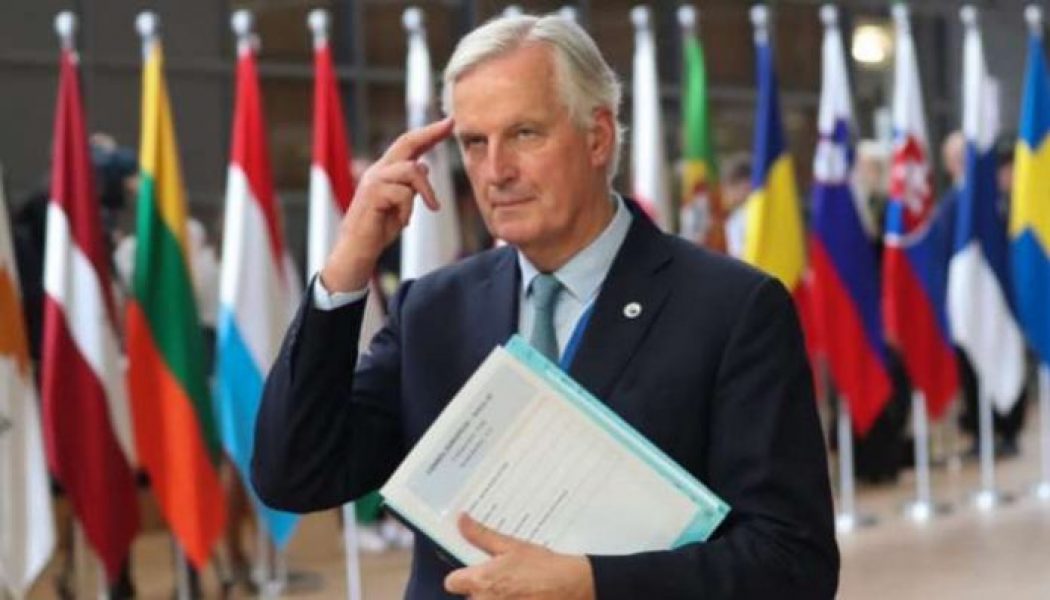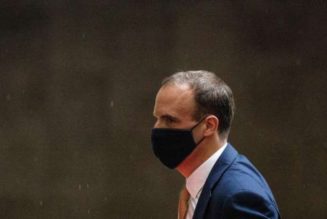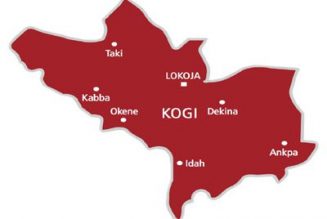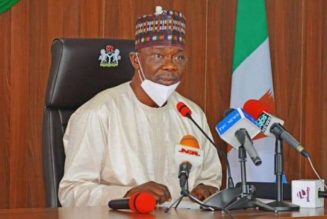
Britain and Brussels embark on a fresh round of trade talks Monday that downbeat EU officials say show little promise of advancing amid the added turmoil of the coronavirus outbreak.
The UK left the European Union on January 31 and both sides have until the end of the year to forge a new basis for relations, barring an optional extension that London refuses to contemplate.
The new talks round will begin with a virtual head-to-head between Michel Barnier, the EU’s chief negotiator, and his UK counterpart, David Frost — both of whom have recovered from a bout with the virus.
That will be followed by videoconferences involving hundreds of officials throughout the week.
The previous round of UK-EU talks broke up on April 24 with little or no progress.
European officials accuse Britain of focusing only on issues dear to them and ignoring those essential for EU members, such as fishing, or on agreeing on minimum standards for health and the environment — known as a “level playing field”.
“There is no real sign that our British friends are approaching the negotiations with a plan to succeed,” the EU’s trade commissioner Phil Hogan told Ireland’s RTE on Thursday.
“I hope I am wrong, but I don’t think so.”
Another accusation is that Britain is dragging its feet on implementing the most sensitive stipulations of its divorce deal.
This concerns setting up the customs barrier between Northern Ireland and the rest of mainland UK — a border, in effect, in the Irish Sea.
Britain has yet to detail how it will go about the checks and said it would only do so in the coming weeks.
The EU’s Hogan predicted that progress would only emerge much closer to the deadline when British Prime Minister Boris Johnson will use the coronavirus fallout to justify a sudden shift of red lines.
“My perception of it is they don’t want to drag the negotiations out into 2021 because they can effectively blame COVID for everything,” he said, referring to the illness caused by the coronavirus.
One diplomat warned that if Britain decided not to seek an extension and no deal is done “then its painful for everyone but especially them”.
If no deal is reached by December 31, then WTO trade rules come into force, with high tariffs and customs barriers between the UK and EU.
That prospect is especially alarming given the cataclysmic recession already crushing the continent that cross-Channel chaos would only make worse.
Despite the current crisis, the British government said it would hold its negotiating position and that it was pursuing a trade deal no more ambitious than Europe has sealed with others.
“We now need to move forward in a constructive fashion,” a spokesman said.
“The UK remains committed to a deal with a free trade agreement at its core, just like the EU has agreed with like-minded countries before.”
The British side is frustrated the EU is seeking to impose European standards through its trade agreement and that France and others want to keep open access to British waters for their fishing vessels.
Britain has meanwhile entered trade negotiations with the United States, a deal London hopes will open new economic avenues for the British economy that remains deeply connected to Europe.









wazup
The strategies shared in this post can be used to improve any business.